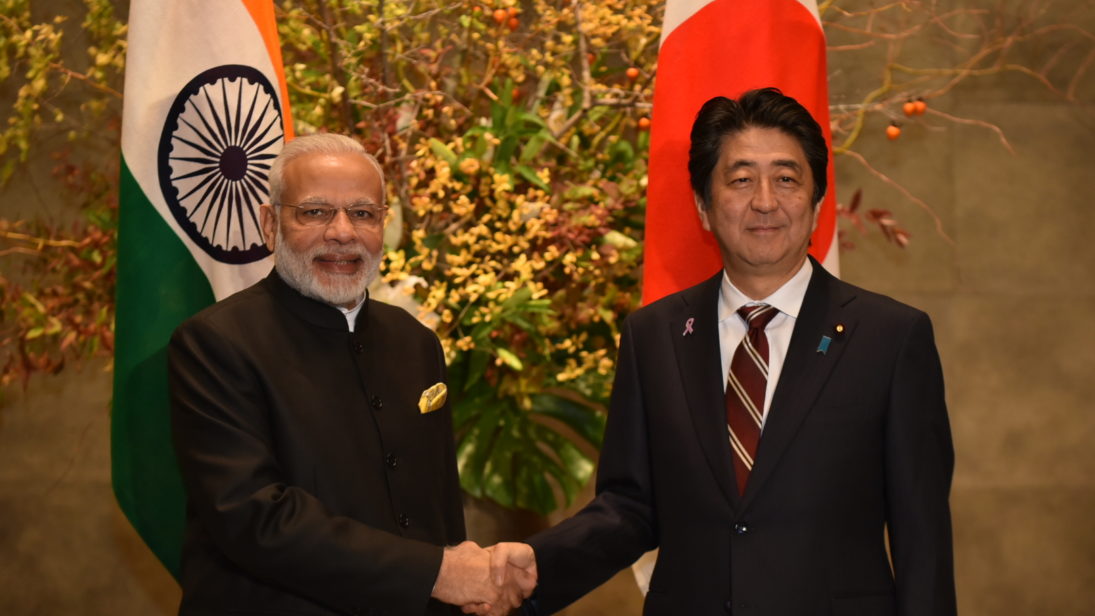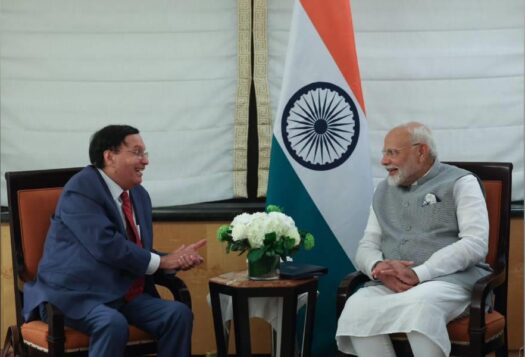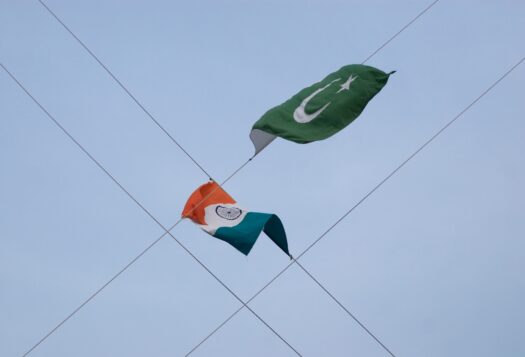
India and Japan recently signed a nuclear energy agreement in Tokyo that allows Japan to export nuclear technology to India for peaceful nuclear energy generation. However, there was disagreement over a clause which centered on whether India had forfeited the option of conducting nuclear tests in the future as a condition of the agreement. According to senior government officials in New Delhi, a separate note was signed by Indian and Japanese officials along with the agreement which did not make forgoing nuclear testing legally binding. The note speaks about conditions under which the agreement will be suspended, but India has insisted that it does not make any reference to nuclear testing. For its part, Japan emphasized in the note India’s 2008 declaration of a unilateral moratorium on nuclear testing and made it clear that any violations of the moratorium could lead to the termination of the deal.
Any contravention of this nullification clause will bring into perspective India’s dismissal of the Comprehensive Nuclear-Test-Ban Treaty (CTBT) as well as its rejection of regional non-testing moratoria. India’s potential opportunity to both retain its right to test and also benefit from civil nuclear cooperation agreements can have serious implications for Pakistan, which considers its signing of the CTBT as conditional upon India. Any cushion provided to India to conduct tests is bound to lead to an understandable Pakistani counter-reaction, given Pakistan’s stance on the CTBT. As long as India keeps the option open for testing, the signing of the CTBT by both nuclear powers in South Asia will remain unlikely. Pakistan’s position of linking its signature to India will leave the initiative with the latter. Pakistan is reluctant to take the “moral high ground” and sign the CTBT first because it could negate its ability to retain a credible deterrent against India.
As a state ravaged by the shocking events of Hiroshima and Nagasaki, Japan has cited India’s 2008 reiteration of a moratorium on nuclear testing as an important precedent prior to the signing of the nuclear energy agreement. In light of this, it is important for Japan to continue to maintain the moral high ground, and insist that India cannot expect that it can both have the right to test and receive the benefits of the nuclear deal. Commercial interests from nuclear deals should not dominate the necessity to uphold principles on nuclear test bans. If Japan were to cede India the right to test in direct contravention of the nullification clause, it could further prompt Pakistan to justify its right to conduct tests and not sign the CTBT, given the aforementioned linkage with India’s testing position.
It is equally important for Japan to support Pakistan’s strategic restraint regime (SRR), which the latter had offered to India in 1998. Earlier this year, the National Command Authority proposed a strategic restraint pact in South Asia, buttressing Pakistan’s resolve for ensuring non-discrimination over testing. The regime emphasizes nuclear restraint and the settlement of disputes—clauses which Japan prides itself on as a model of strategic restraint. Japan also renounces war as per Article 9 of its constitution; thus, it bears some responsibility to ensure that India should not be able to conduct a provocative nuclear test and receive the benefits of a civilian nuclear deal. Japan’s failure in this regard could prompt Pakistan to react accordingly, which could heighten the risks of conflict in the region.
At the moment, Japan has made it clear that it retains the right to terminate cooperation with India if the latter conducts a nuclear test. At face value, this sounds heartening. A state citing moral high ground, especially one directly impacted by atomic weapons, should stay committed to the principles of non-proliferation, and maintain a non-discriminatory approach towards all states, especially non-signatories to the Nuclear Nonproliferation Treaty(NPT) such as India.
Hence, the bottom line is that if Japan were to allow India to receive the benefits of a civilian nuclear deal without a ban on nuclear testing, this could prompt Pakistan to react accordingly with its rationale of not signing the CTBT or abandoning nuclear testing. This will once again highlight the flaws of the non-proliferation regime and will adversely impact strategic stability in South Asia.
***
Image: MEAphotogallery, Flickr


